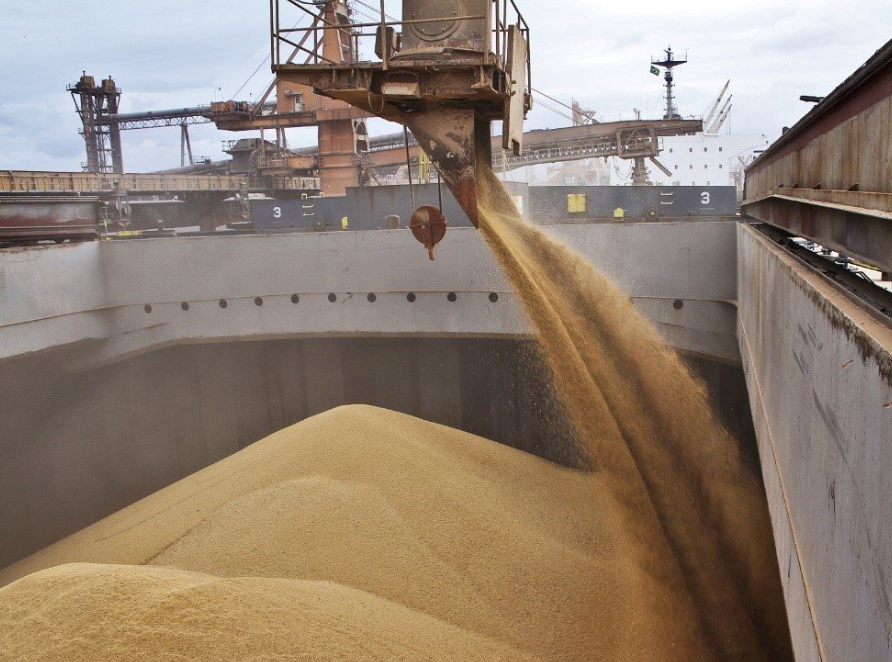 The Federal Service for Veterinary and Phytosanitary Surveillance reported on the possible suspension of the activities of about 30 companies - owners of logistics grain terminals in the Kuban and in Rostov region, from which grain is shipped for export. Experts believe that in this way the Russian authorities are trying to restrain the growth of grain exports. The bulk of exported Russian grain is shipped from the Krasnodar Territory and Rostov region.
The Federal Service for Veterinary and Phytosanitary Surveillance reported on the possible suspension of the activities of about 30 companies - owners of logistics grain terminals in the Kuban and in Rostov region, from which grain is shipped for export. Experts believe that in this way the Russian authorities are trying to restrain the growth of grain exports. The bulk of exported Russian grain is shipped from the Krasnodar Territory and Rostov region.
The head of the grain direction of the Institute for Agricultural Market Studies Oleg Sukhanov:
"I think these checks are not connected with additional requirements of importers. Last year we exported almost 54M tons of grain, including corn, barley, and legumes. If there were serious problems with quality, we would not sell such a volume. In terms of price-quality ratio, Russian grains on the world market have practically no analogues."
Oleg Sukhanov suggests that checks will force traders to slow down the pace of exports. "July-September, about 15.5M tons of grain were exported, and the painless export rate discussed at meetings at the Ministry of Agriculture was 30M tons. Of course, the same ports and Ministry of Agriculture would be calmer and easier if we exported did not end in December, and even if it continued at a slow pace until March-April. If its rates remain the same, we will have to take measures, for example, to introduce duties," said Sukhanov.
Such semi-official, non-obvious measures, like inspections by the Rosselkhoznadzor, will slow down exports, the expert said. "Even the announcement of inspections makes traders seriously think about whether to enter into new contracts, play for a long time, because it is not known what will happen tomorrow," concluded Oleg Sukhanov.
The export duty on wheat operated in Russia from July 2015 to September 23, 2016. In October 2015, its size was at the level of 50% of the customs value minus 6 500RUR ($ 97.56) per ton, but not less than 10RUR ($ 0.15) per ton. Today, there is a zero duty on wheat exports until July 1, 2019.
Source: agrovesti.net.

